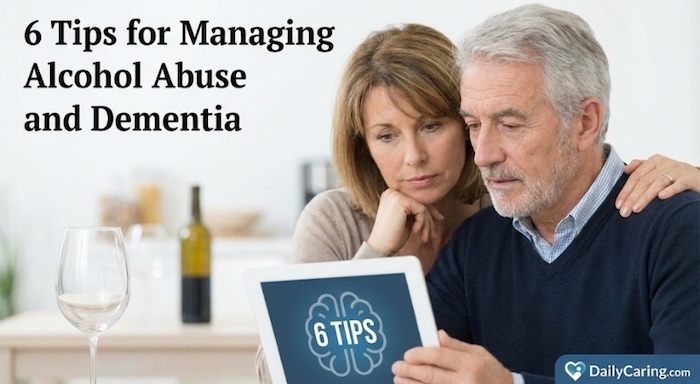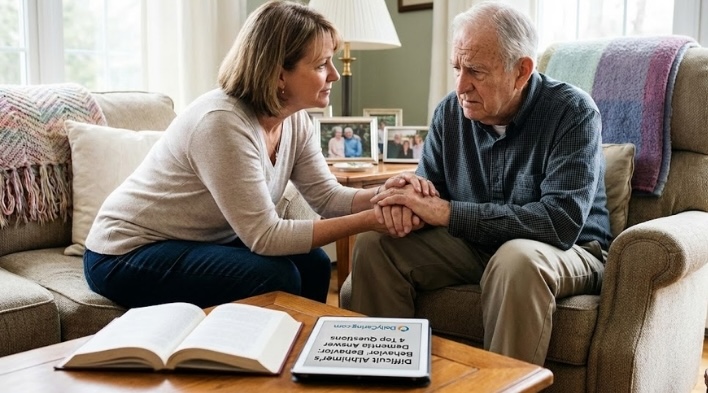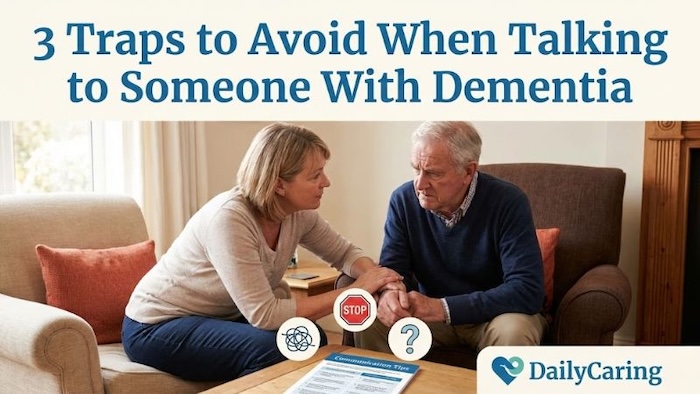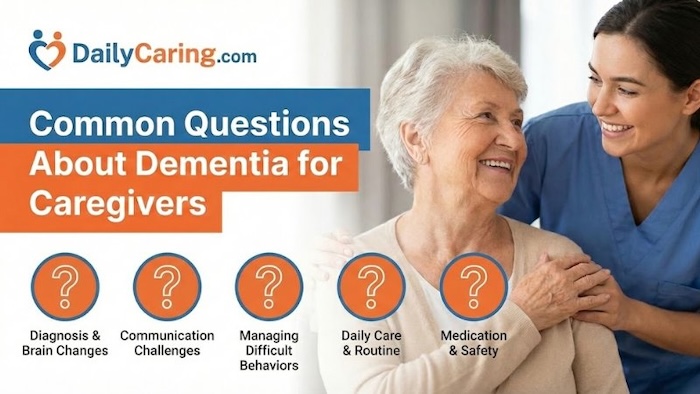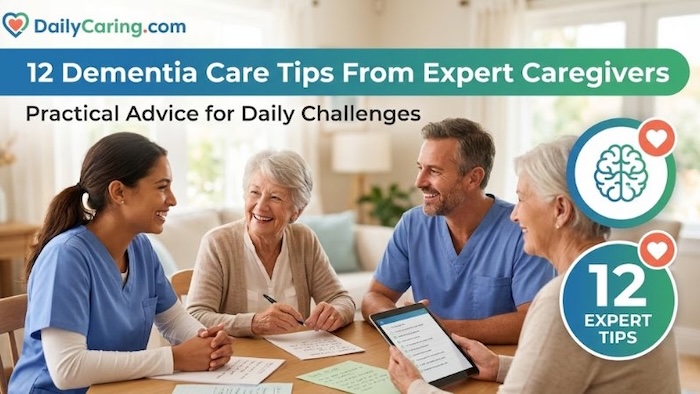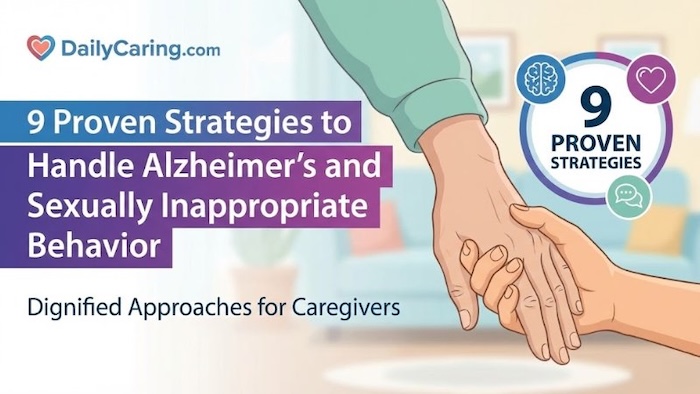When dementia and alcohol abuse intersect, caregivers face a particularly challenging situation – one that demands compassion, strategy, and specialized knowledge. The cognitive impairments of dementia can make recognizing problematic drinking behaviors more difficult, while alcohol can accelerate mental decline and increase safety risks. These six evidence-based tips help caregivers navigate this complex issue with practical interventions, from creating a safer environment…
